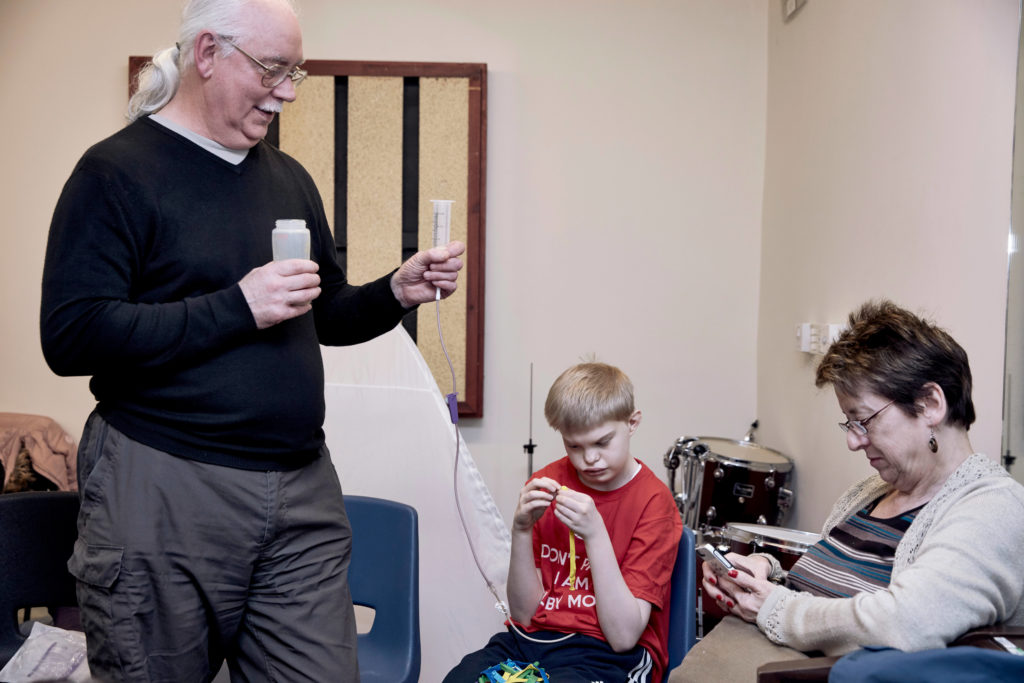What can data tell us about the impact of cost of living on disabled people?

This week the Office for National Statistics (ONS) has published data on the impact of cost of living on disabled people. The data from the ONS Opinions and Lifestyles survey has been tracking how adults in Great Britain are being affected by the increasing cost of living. The data published was collected between 22 November- 18 December 2022.
Key findings from the research are:
- Disabled people (50%) were more likely to report spending less on food and essentials than non-disabled people (43%).
- They were also more likely (21%) to be very or somewhat worried food would run out before they had money to buy more in the past two weeks compared to non-disabled people (12%).
- Disabled people were also taking actions to combat increases in the cost of living including spending less on non-essentials (67%), using less fuel such as gas or electricity (62%) and shopping around more (51%)
- 28% of disabled people reported they were occasionally, hardly ever, or never, able to keep comfortably warm in the past two weeks.
- 44% of disabled people also reported a negative impact on their health or wellbeing because of having to cut back heating in their home.
What does this mean for disabled people?
This data tells us that the rising costs of energy and food are still a big issue for disabled people.
This publication confirms findings from our own research, which found that even before the cost of living crisis hit, disabled people were already struggling with energy costs and food insecurity.
As the impact of the cost of living crisis continues to bite, disabled people are likely having to keep making difficult decisions on their spending in order to make ends meets. This is despite of the support the Government has already provided to help disabled people through the cost of living crisis.
This data adds to our understanding of the ways the cost of living crisis is affecting disabled people, particularly as the weather has turned colder during the winter months. It also highlights the need for the Government to take further action to support people with the rising cost of living.
What actions are Sense taking on cost of living?
Sense is continuing to call on the Government to take more action to support disabled people with the continued impact of the rising cost of living. Over 60,000 people have signed our petition calling for more support for disabled people – it’s not to late to add your name.
We’re calling for:
- A benefits system that meets disabled people’s needs– Benefits should be set at a level that means disabled people can afford the essentials of life.
- Financial support for higher energy costs– We need to see a long-term approach to supporting disabled people who have unavoidably higher energy use in day-to-day life.
- Targeted support for disabled children and their families– Recognition must be given to the additional pressures that families of disabled children face.
As we look towards the Budget taking place on the 15th March we will be continuing to call for more financial support for disabled people.
